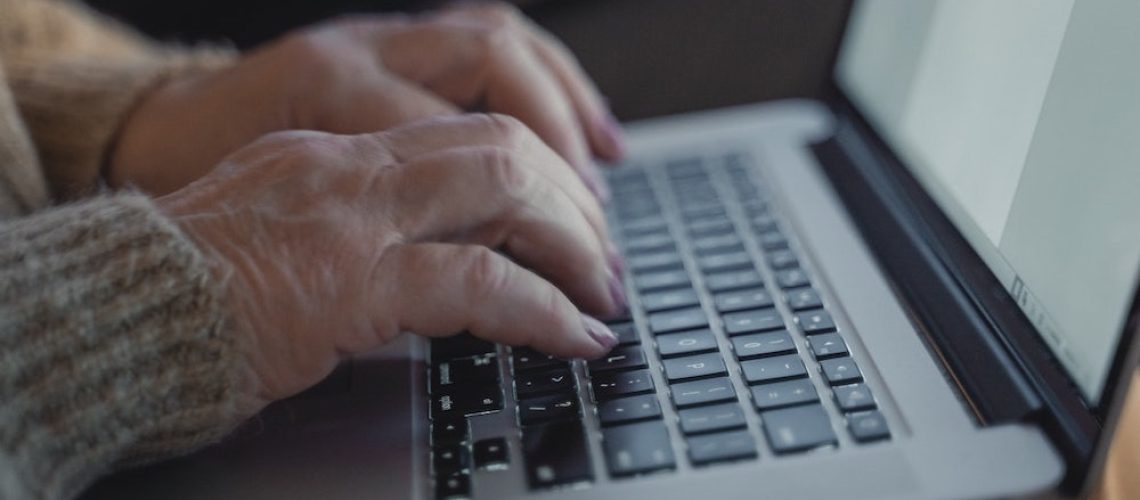In today’s increasingly digital world, technology plays a pivotal role in our daily lives, from communication and entertainment to shopping and banking. However, for those who aren’t tech-savvy, navigating the online landscape can feel daunting, especially when it comes to staying safe and secure. Whether you’re a newcomer to technology or simply looking to brush up on your digital safety skills, here are eight essential tips to help you stay safe online and make the most of technology with confidence.
1. Create Strong, Unique Passwords
One of the simplest yet most effective ways to enhance your online security is by using strong, unique passwords for each of your accounts. Avoid common passwords like “123456” or “password,” and instead, opt for complex combinations of letters, numbers, and special characters. Consider using a reputable password manager to securely store and manage your passwords, eliminating the need to remember them all.
2. Beware of Phishing Attempts
Phishing is a common tactic used by cybercriminals to trick individuals into divulging sensitive information, such as passwords or credit card details. Be wary of unsolicited emails, text messages, or phone calls that request personal or financial information, especially if they contain urgent or alarming messages. Always verify the legitimacy of the sender before responding or clicking on any links, and never provide sensitive information unless you’re certain of the recipient’s identity.
3. Keep Software and Devices Updated
Software updates often include important security patches and bug fixes that help protect your devices from vulnerabilities and exploits. Enable automatic updates for your operating system, web browser, antivirus software, and other applications to ensure they’re always up-to-date. Regularly check for updates on your smartphone, tablet, and other connected devices as well, and install them promptly to safeguard against potential threats.
4. Practice Safe Browsing Habits
When browsing the internet, exercise caution and practice safe browsing habits to minimize the risk of encountering malicious websites or malware. Stick to reputable websites and avoid clicking on suspicious links or pop-up ads, as they may lead to phishing scams or malware infections. Consider using a web browser with built-in security features, such as phishing protection and ad-blocking, to further enhance your online safety.
5. Secure Your Wi-Fi Network
Securing your home Wi-Fi network is essential for protecting your personal data and devices from unauthorized access. Enable WPA2 or WPA3 encryption on your router to encrypt data transmitted over your network and create a strong, unique password for Wi-Fi access. Additionally, consider hiding your network’s SSID (service set identifier) to prevent it from being visible to nearby devices, and regularly review your router’s settings to ensure optimal security configurations.
6. Be Mindful of Privacy Settings
Many online services and social media platforms offer privacy settings that allow you to control who can see your personal information and activity. Take the time to review and adjust your privacy settings to limit the amount of information you share publicly and restrict access to your profile or posts. Be cautious when sharing personal details online, and avoid oversharing information that could be used by cybercriminals for identity theft or fraud.
7. Use Two-Factor Authentication (2FA)
Two-factor authentication adds an extra layer of security to your online accounts by requiring you to provide two forms of verification before accessing your account, typically something you know (like a password) and something you have (like a one-time code sent to your phone). Enable 2FA whenever possible, especially for accounts that contain sensitive information or financial data, to significantly reduce the risk of unauthorized access.
8. Stay Educated and Vigilant
In the ever-evolving landscape of cybersecurity threats, staying educated and vigilant is key to protecting yourself online. Stay informed about the latest cybersecurity trends and best practices through reputable sources, such as cybersecurity blogs, news websites, or online courses. Remain vigilant for signs of suspicious activity, such as unexpected changes to account settings or unauthorized transactions, and report any concerns to the appropriate authorities or service providers immediately.
By following these eight essential tips, even those with limited tech knowledge can take proactive steps to stay safe online and make informed decisions when using technology. Remember, cybersecurity is everyone’s responsibility, and by practicing good digital hygiene and staying vigilant, you can safeguard your personal information and enjoy a safer and more secure online experience.

